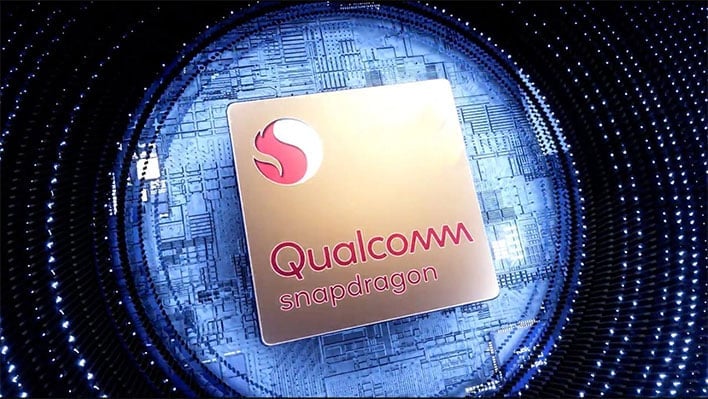Qualcomm's Snapdragon 8 Gen 3 Rumored For A Massive GPU Uplift For Android Devices

A new rumor suggests that Qualcomm’s upcoming Snapdragon 8 Gen 3 SoC will feature a whopping 50% greater graphical uplift over its already super strong predecessor, the Snapdragon 8 Gen 2. This could enable future Gen 3-equipped devices to really excel in gaming performance, and far outpace even the likes of Apple's A16 bionic chipset.
The performance claim comes to us by way of 数码闲聊站 (translated to "Digital chatter") on Weibo. We don’t know how true this 50% performance upgrade could be, but it's not completely unreasonable. Qualcomm’s current Snapdragon Gen 2 is consistently 30% faster than the Snapdragon 8 Gen 1, in most graphical applications, and slightly less compared to Qualcomm’s mid-cycle refresh, the Snapdragon 8+ Gen 1, based on our review of the Samsung Galaxy S23 Ultra.

The Snapdragon 8 Gen 3 is rumored to arrive as soon as Q4 2023, and is rumored to feature a unique (1+5+2) core configuration, consisting of 1 speedy X4 mega-core clocked at 3.75GHz, five A720 performance cores clocked at 3GHz and two A520 efficiency cores clocked at 2 GHz. The Gen 3 chipset is also rumored to be manufactured on TSMC’s more efficient N4P node which promises up to 11% greater performance and 22% higher efficiency compared to the standard N4 node.
Gen 3’s rumored upgrades are shaping up to be a massive performance uplift over the Snapdragon Gen 2 and any of Apple’s current bionic chipsets. Hopefully, Qualcomm can accomplish this 50% performance target without killing the chip’s thermal performance as it did with the Snapdragon 8 Gen 1.

